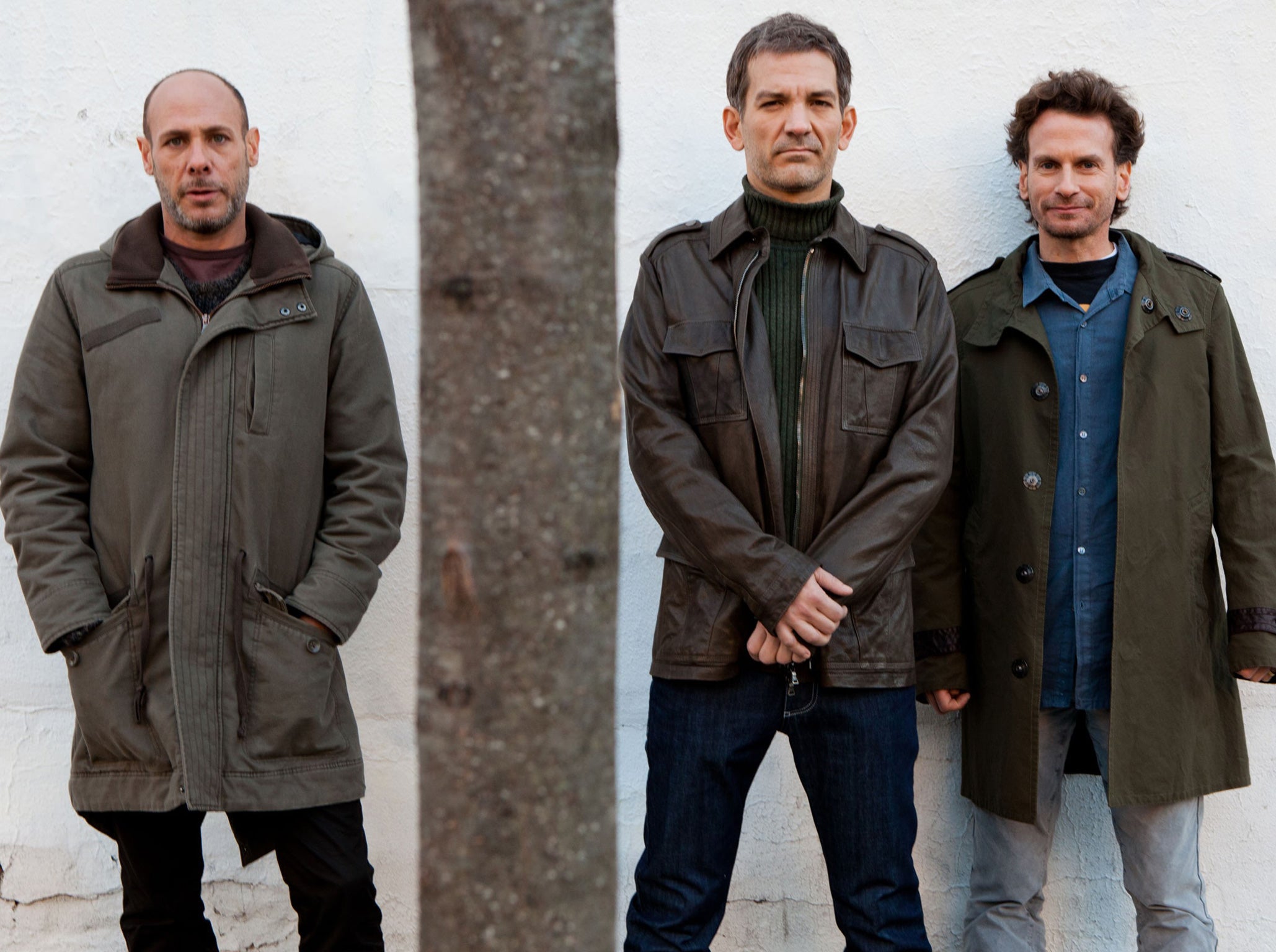IoS jazz review: Brad Mehidau Trio, Barbican Hall, London
Generous, creative – and still groovy after all these years

Your support helps us to tell the story
From reproductive rights to climate change to Big Tech, The Independent is on the ground when the story is developing. Whether it's investigating the financials of Elon Musk's pro-Trump PAC or producing our latest documentary, 'The A Word', which shines a light on the American women fighting for reproductive rights, we know how important it is to parse out the facts from the messaging.
At such a critical moment in US history, we need reporters on the ground. Your donation allows us to keep sending journalists to speak to both sides of the story.
The Independent is trusted by Americans across the entire political spectrum. And unlike many other quality news outlets, we choose not to lock Americans out of our reporting and analysis with paywalls. We believe quality journalism should be available to everyone, paid for by those who can afford it.
Your support makes all the difference.When I reviewed the Brad Mehldau Trio's UK debut for this paper in 2001, the headline read: "Intense, subtle, eloquent ... but a little airless". This referred to Mehldau's introverted style, interior even by the standards of the late Bill Evans, the pianist he was often compared with. Then aged 30, Mehldau had risen to prominence through recordings for the Warner Bros and Nonesuch labels, where he alternated originals and improvisations on familiar jazz tunes, with startling versions of songs by Nick Drake and Radiohead.
In the years since, Mehldau has not just prevailed, his trio has become the world leader in a jazz scene now thick with them. Almost uniquely for even the most revered of jazz artists, Mehldau still has his record contract, and Nonesuch have nurtured his career with uncommon fidelity, seemingly content to let him record whatever he likes. And, although there's still a strong interiorised quality to his work with the trio (bassist Larry Grenadier and drummer Jeff Ballard), the Evans comparisons have diminished as he has proved he can swing with the best of them. His muscular, heroic-sounding solos can go on and on without repetition, his unusually ambidextrous style creating independent melodies with either hand.
This rapturously received, sold-out London Jazz Festival concert was meant, according to the Barbican's blurb, to showcase material from the trio's latest album, Where Do You Start, which interprets songs by Drake, Elvis Costello and Sufjan Stevens, together with standards, bossa nova and bebop. Of course, it did nothing of the kind. They opened with "Great Day" by Paul McCartney – a rollicking, percussive groove that served as a feature for Grenadier's long, virtuoso bass solo – then followed it with another Macca number, the Beatles' "And I Love Her". This sweet yet rather soppy song, given a Latin feel that emphasised its debt to "Besame Mucho", which the Beatles used to do in their Cavern Club days, proved a slender thread on which to hang the weight of each player's sequential solo. But give Mehldau a groove to play with, and he's a genius. Take the groove away, though, and that old airlessness can still return. And, as the trio has become more successful, so the leader's democratic willingness to let bass and drums have their say can lead to a rather weary sense of, "Oh no, here come the drums again ...". How many bass solos does a concert need?
A Charlie Parker blues melody, "Cheryl", followed, showing that bebop is a difficult form, even for a group as good as this. Then a torch song, "Since I Fell For You", began thrillingly, for Mehldau is a killer ballad player, before declining into an interminable, plinky-plonk solo coda. The adulation of the audience was beginning to seem more generous than truly earned, and the 7.30pm show would have finished by 8.50pm were it not for the three encores, which added another 40 minutes. But what encores! The highlight was a delicious slow groove that gradually revealed itself as Paul Simon's "Still Crazy After All These Years". Here, the component parts of the trio meshed like some perfect clockwork toy. Until Mr Barbican switched the lights on, it looked as if they might keep coming back all night.
Join our commenting forum
Join thought-provoking conversations, follow other Independent readers and see their replies
Comments